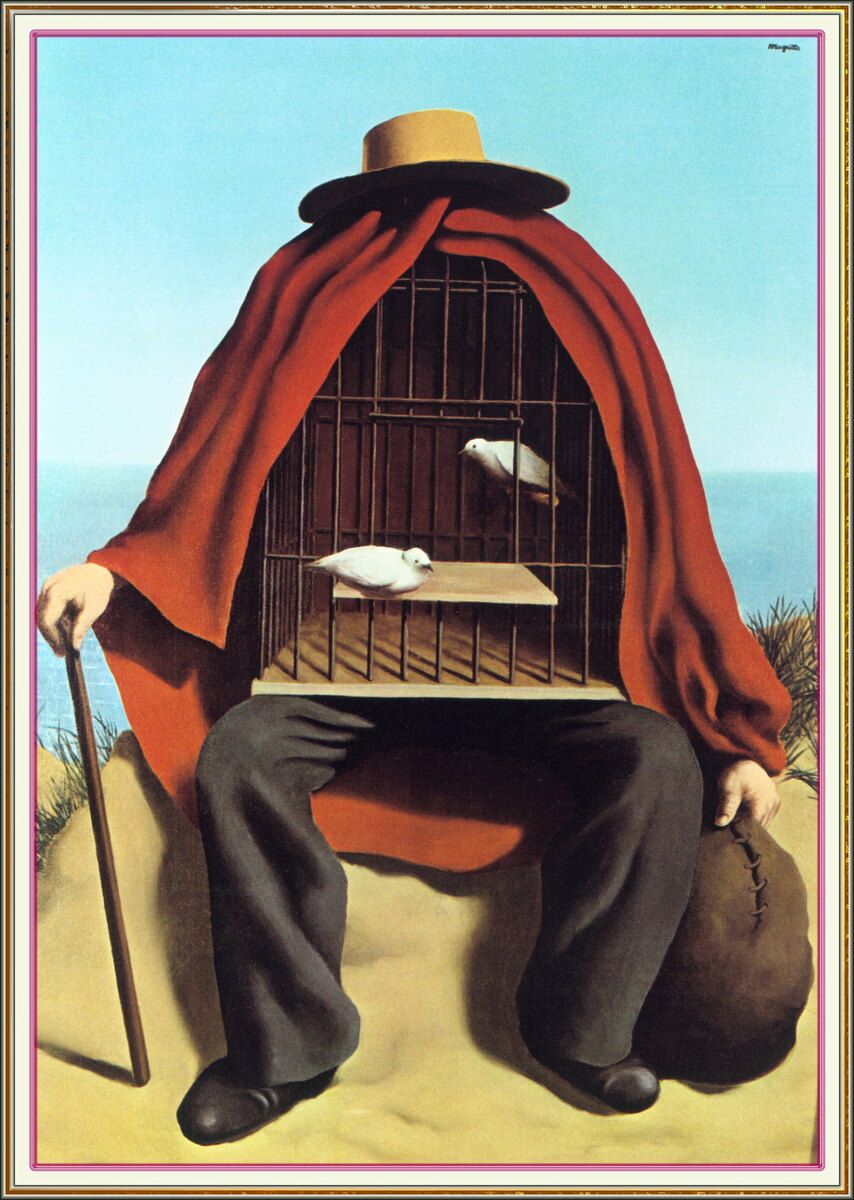Willed ignorance - against knowledge theories of suffering

This essay continues our series on the philosophical problem posed by the emergence of self-destructive behaviors in human beings.
There seems to be two moments within the event of understanding.
In the first moment, the knower apprehends the thing being known. However, this moment is followed by a second in which the knower responds to the knowledge.
This response is included in and integral to the knowledge itself.
Christianity and Platonism differ in this crucial respect: Platonism takes the moment of knowing the Good to necessarily result in doing the Good, whereas Christianity maintains these two variables as separate.
In short, the Christian contends that knowing the Good is insufficient for doing the Good; one must also choose to not suppress this knowledge of the Good.
We do not embrace the truth, but rather at each moment we must resist the urge to suppress the truth.
This helps us see why Jesus placed the command to "repent" at the heart of his message.
The notion of repentance highlights this second moment of knowledge where one not only knows but also responds appropriately to what one knows.
Jesus offered forgiveness of past wrongs as he confronted the people of Israel with the message of the Kingdom of God, and he only condemned those who did not respond to his message with faith. Their primary issue was not ignorance of the truth, but the suppression of the truth which they saw clearly.
On this point, Platonism and Buddhism are more similar to each other than they are to Christianity in that they both (in different ways) locate the source of human suffering in ignorance (a lack of knowledge).
In Platonism, the human is ignorant of the Good, and so they fumble through life making some better and some worse choices.
Sometimes they get a glimpse of the Good, and move towards it, but other times they choose lesser goods which ultimately obscure the Good. They spend their time following shadows and illusions.
According to Plato, the soul has forgotten its previous acquaintance with the Good, and thus suffers primarily from a foggy memory.
Buddhism teaches that the source of human suffering is attachment to the illusion of a self which relates itself to the equally illusory notion of a fixed external reality.
All phenomena are a constant flux with nothing behind them or explaining them, and thus nothing is real in the sense of being substantial. Humans suffer because they are continual forming expectations and having them broken.
The only constant is change, and thus grasping is the only surefire way to disappointment.
The Buddhist attains enlightenment through the realization that all is nothingness. Buddhism thus collapses the two moments of understanding into each other in a single event of ecstatic realization.
Enlightenment is a single punctual moment, utterly simple in its parts, and sui generis. In the moment of enlightenment, the practitioner directly is the One's realization of itself.
In contrast to Platonism and Buddhism which both articulate evil as fundamentally born from ignorance, Christianity articulates a novel theory of the entanglement of will and knowledge by introducing the notion of 'sin' as an explanation for why human life is full of suffering.
Christianity begins from the premise that ignorance is insufficient to explain human suffering, because ignorance-based theories of suffering like Platonism and Buddhism overlook the second moment of knowledge where the agent can choose to suppress what they know.
A knower can come to clearly see the truth and its implications, and yet still choose ignorance.
How does this choice to suppress emerge?
[Note that here we are returning to the question of how self-destructive behaviors are possible. Can ignorance explain why humans engage in self-destructive behavior, or is an additional notion needed to explain how humans can knowingly commit self-destructive acts?]
The Christian tradition has typically resorted to the notion of nothingness to describe the emergence of this possibility of "turning away" from the truth. This turning away is sin, and all spiritual and material effects of this refusal of the truth are called evil.
From Augustine to Barth, Christian theologians have described evil as a parasitic nothingness which preys upon life, introducing fractures and distress into the community of God's creation.
While I think this notion is on the right track, it needs to be fleshed out more fully, more specifically how this nothingness emerges and how it functions.
It's here that Psychoanalysis begins to point us in a fruitful direction by theorizing the nature of repression.
Psychoanalysis owes a debt to both Judaism and Christianity when its theories probe this insight of the two-fold moment of knowledge, and thus it stands within the Judaeo-Christian tradition of ethical reflection by articulating how the subject speaks the truth in the act of suppressing the truth.
Freud originally developed psychoanalysis as the practice of reading his patients' self-reporting (dreams, speech, actions, physical sensations, etc...) as coded symptoms which indicate a knowledge which has been displaced.
The subject theorized in psychoanalysis displays an internal complexity which makes sublimated knowledge possible.
This displaced knowledge is not ignorance in either the Platonic or Buddhist sense, but is rather a willed ignorance.
How shall we describe the origin of the impulse to will ignorance?
To proceed to the next piece in the series, click here.
